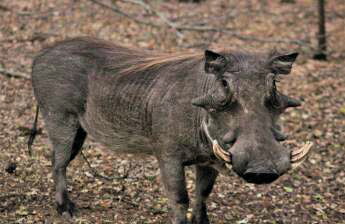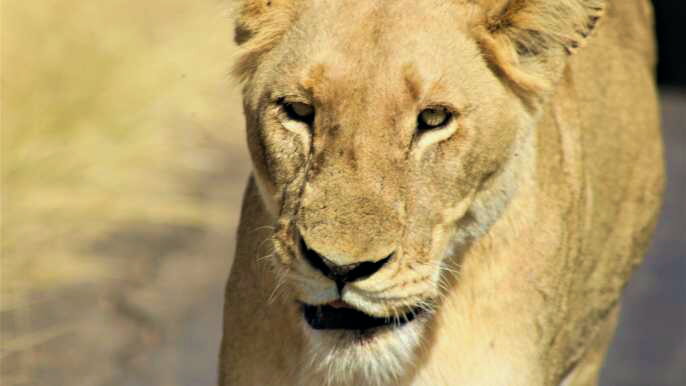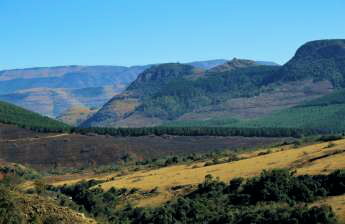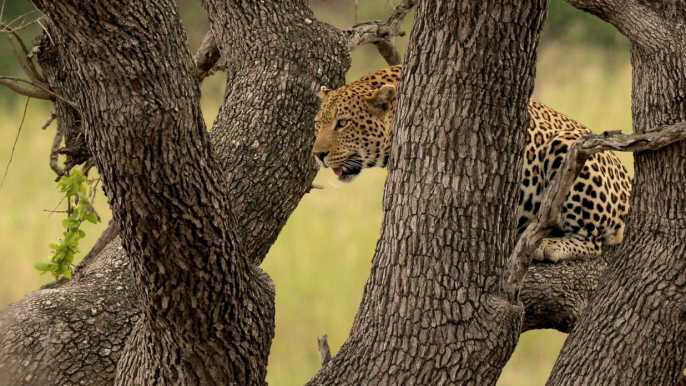Kruger National Park is one of the best safari destinations in Africa. Known for its huge prides of lions, cheetahs and thousands of elephants, it also boasts a variety of other species.
You can visit the park on a self drive, with an experienced guide or by booking an overnight tour. It's malaria free, too - perfect for first timers and families!
Location
Kruger National Park is one of the largest game reserves in Africa. Stretching 360 kilometres from north to south and 65 kilometres from east to west, it's home to thousands of animals.
The Park is located in the provinces of Limpopo and Mpumalanga in northeastern South Africa. It borders Zimbabwe in the north and Mozambique in the south.
Visiting the park in a safari vehicle is a great way to experience its beauty. You'll be able to see the Big 5 and a variety of other wildlife from the comfort of your own vehicle, without worrying about having to drive around and cater for yourself.
The park also has a number of rest camps, as well as several private lodges. The biggest of the rest camps is Skukuza, known as the “administration capital” and home to a number of museums and memorabilia.
Things to Do
Kruger National Park is arguably one of the world's most diverse game reserves. Founded in 1898, the park now covers an area of almost two million hectares and contains 147 mammal species – compared to just a handful in other African game reserves.
The park is also home to the Big Five, including Africa's largest elephant herds and its three big cats: lion, rhino and leopard. It also protects antelopes and about 10% of the world's remaining African painted dog population.
There are many ways to enjoy the park, from a morning or afternoon drive to hiking in a wilderness trail. If you want a more immersive wildlife experience, book onto one of the park's daily bush walks. These are conducted by armed rangers and focus on the little things that often get overlooked during game drives.
Accommodation
There are a huge range of accommodations available in Kruger National Park, from budget-friendly rest camps to five-star luxury safari lodges. You can even stay in a private concession area, which are large pieces of land that have been contracted out to private operators for a number of years.
Accommodation within the main rest camps ranges from simple single-room huts to permanent safari tents and en-suite safari cabins. Most of these have a small, communal kitchen and ablution facilities, although there are a few larger ones with separate kitchens and bathrooms.
Away from the rest camps and on the fringes of the park there are a number of luxury bush lodges, some of which are exclusive to guests who live at them. These offer complete privacy and are perfect for a more intimate African bushveld experience.
Food
Kruger National Park offers a wide range of food options from self-catering accommodation to restaurants, take-aways and BBQs. There are also a few picnic sites scattered throughout the park.
The best time to visit the park is during the dry season, which spans May to September. This is when the park experiences its most pleasant temperatures, and the animals are less likely to congregate around waterholes or rivers, increasing your chances of spotting them.
Lodging options in Kruger National Park include bring-your-own-equipment campgrounds, luxury full service lodges, cottages and guesthouses, safari tented camps, bungalows and huts with communal kitchens. These can accommodate single travelers, multigenerational families or groups.
Activities
The Kruger National Park is South Africa’s flagship game reserve. Truly a world-renowned destination, it forms part of the Greater Kruger, an expansive two million hectares conservation area home to an impressive number of species: 147 mammals, 507 birds, 114 reptiles, 34 amphibians and 336 trees.
The park offers a number of activities, including game drives and bush walks with a Kruger Park ranger. These are popular with both first-time and repeat visitors.
You can also take a golfing trip to Skukuza Golf Club or go mountain biking on the Wolhuter or Olifant trails, as well as exploring some of the park’s more remote areas on 4x4 trails.
Kruger National Park is also home to some of the country’s most acclaimed Botanical Gardens. The immaculate gardens converge on two roaring rivers, each containing a huge variety of indigenous and introduced plants.



